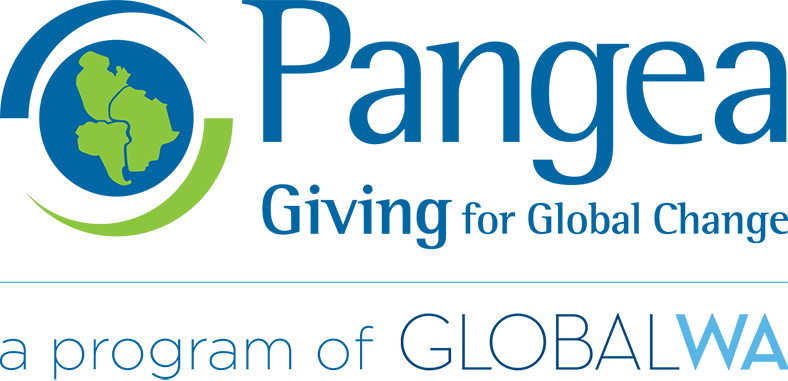Reflections on Guatemala
By Susan Sola – Pangea Latin America Pod Chair. May 21, 2023

Along with other LA Pod members, I recently attended a panel presentation “Corruption and Impunity: A Crisis of Democracy in Guatemala.” The panel included representatives from Acción Ciudadana (Guatemalan Chapter of Transparency International); Seattle International Foundation; Global Rights Advocacy; and the Seattle Office of Immigrant & Refugee Affairs, most of Guatemalan origin, as well as young members of Global Visionaries. All were very frank, knowledgeable, and uniformly pessimistic about the country’s near-term future.
During the presentations we learned that:
- Authoritarianism is on the rise but there are many local/municipal-level resistance groups forming who need support;
- Corruption is offsetting free speech and journalists are being forced to report from abroad;
- The new NGO law allows the government to easily shut down a non-profit organization (with special risk for foreign-funded NGO’s and those involved in civil rights); moving the non-profit’s offices out of the country will not keep the gov’t. from shutting down its Guatemalan offices/activities.
- the exclusion of opposition candidates from the upcoming elections will exacerbate corruption and impunity;
In addition, polls show 80% of Guatemalans feel the country is going badly and want to leave. Rising emigration (over 1,000/day) leave Guatemala for the U.S., and many judges and other officials have been forced into exile.
$19 billion in yearly remittances from the U.S. contribute to the 7% GNP growth in Guatemala, but this decreases incentives for reform since economic growth goes mainly to the elite. The decline in U.S. international influence began in the Trump era. Next year’s U.S. federal elections are critical to changing U.S. policies.
My key take-aways for Pangea:
- supporting small, local organizations with unrestricted, longer-term (operational) funding for their discretional use is the best policy for donors now, since that is where important resistance organizing is taking place, especially in indigenous communities, given that federal corruption makes change at that level very difficult;
- while Washington State has mostly Democratic national legislative representatives (Rep. Pramila Jayapal is particularly knowledgeable and supportive re international/immigration affairs), we need to prepare to be active in other states with different political philosophies for the next U.S. election (phone banking, etc.) to promote U.S. international policy change, including toward Guatemala.
